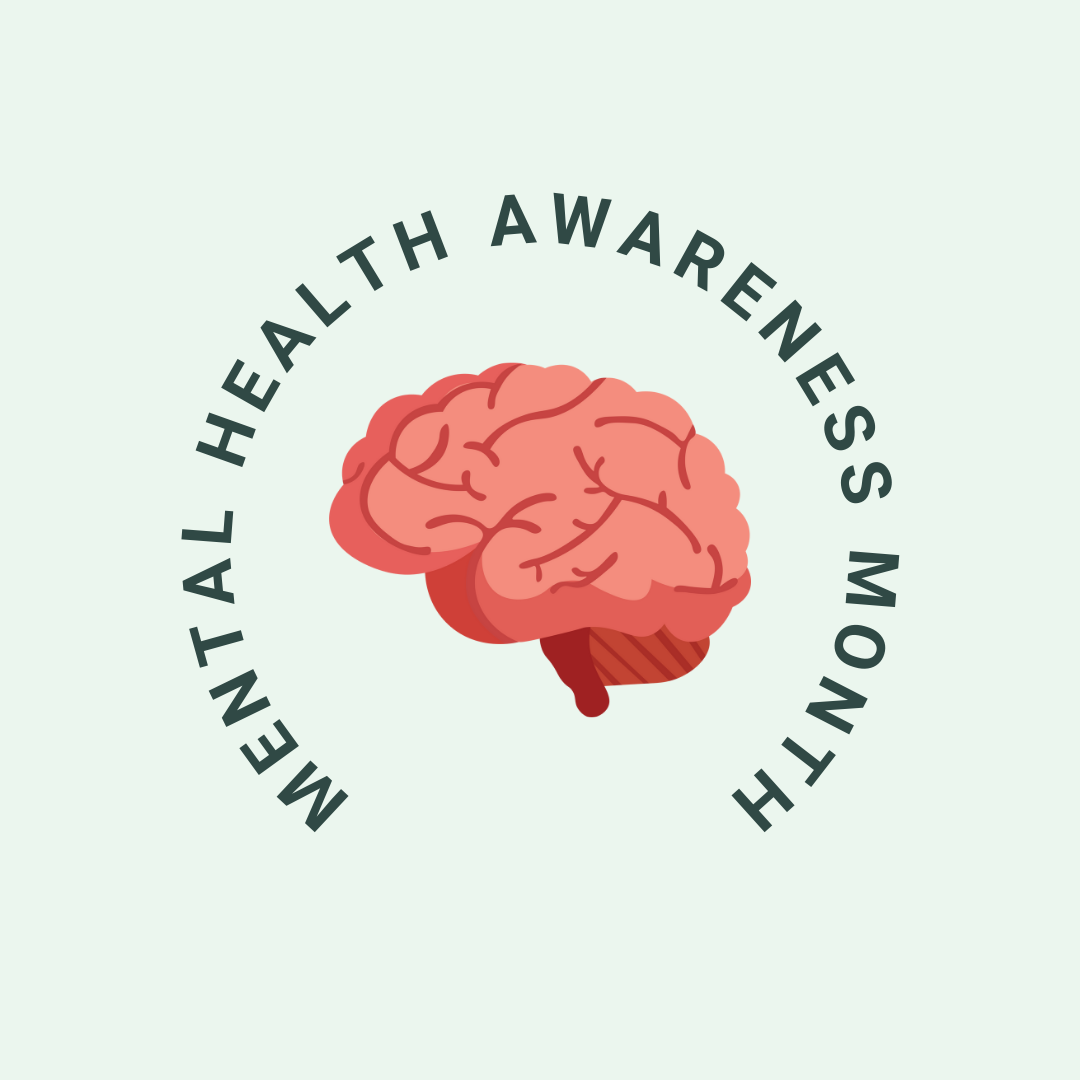Mental health awareness is here to stay
It is 2022 and yet, it sometimes feels as though we are living in an extension of 2020 when the majority of the world slowed down in response to the global pandemic. The COVID pandemic elicited unique challenges that forced many to confront personal or relational issues they may have avoided or suppressed. Coupled with social distancing, and a decrease in overall physical human interaction, it is no surprise that our society collectively acquired and endured a number of mental health issues.
As we enter our junior year of COVID, we are thankful for medical advancements that allowed us to resume a semblance of life pre-COVID. And while many people are returning to life before, many are also bringing emotional and mental burdens with them.
Mental issues are sometimes hard to recognize as people have become very skilled in hiding their struggles (especially through the lens of social media); however, that is not to say that mental health issues are less important than physical illnesses.
According to a survey conducted by the APA, researchers found that “Gen Z adults and millennials are the most likely to report negative impacts on their relationships due to the coronavirus pandemic” and in 2020 they found that “Nearly 1 in 5 adults (19%) say their mental health is worse than it was at this time last year”.
Additionally with economic uncertainty, rising inflation, access to healthcare and a multitude of external factors many Americans today are facing stressors that negatively impact their mental wellbeing. According to data gathered by Mental Health America, “The percentage of adults with a mental illness who report unmet need for treatment has increased every year since 2011”.
In another survey conducted by the APA, researchers found that while there is larger willingness to discuss mental health issues, “A third of respondents (33%) agreed with the statement, "people with mental health disorders scare me," and 39% said they would view someone differently if they knew that person had a mental health disorder”. By shedding light on the importance of mental health resources we believe this is a step towards de-stigmatization and ensuring that people get the help they need.
We’ve compiled a list of organizations that are actively working on destigmatizing resources for mental health.
Child Mind Institute - provides support for children struggling with mental health or learning disabilities and their families
Active Minds - organization with over 600 chapters focused on providing people ages 14-25 with mental health resources and education
NAMI - National Alliance on Mental Illness, grassroots organization that educates and supports communities with mental health resources and advocates on a policy level to offer care and resources for people across the US
While it is important to take time off for physical ailments, we believe it is just as important to take time off for mental wellbeing. So in addition to these organizations we are including a compilation of wellness practices that can aid in promoting mental wellbeing.
- Being outside in nature - some scientists say that being in nature promotes mindfulness or gratitude
- Physical activity - moving your body in any shape or form can help reduce anxiety or stress
- Journaling - putting pen to paper can help visualize and clarify what you are feeling and can be therapeutic for some
Mental health is crucial to the overall wellbeing of individuals. Silence hurts all people and we think that no one should suffer alone. While the solution to destigmatizing mental health does not happen overnight we are hopeful that bringing attention to this issue will influence positive change.
- Team Mediclo




Leave a comment
This site is protected by hCaptcha and the hCaptcha Privacy Policy and Terms of Service apply.